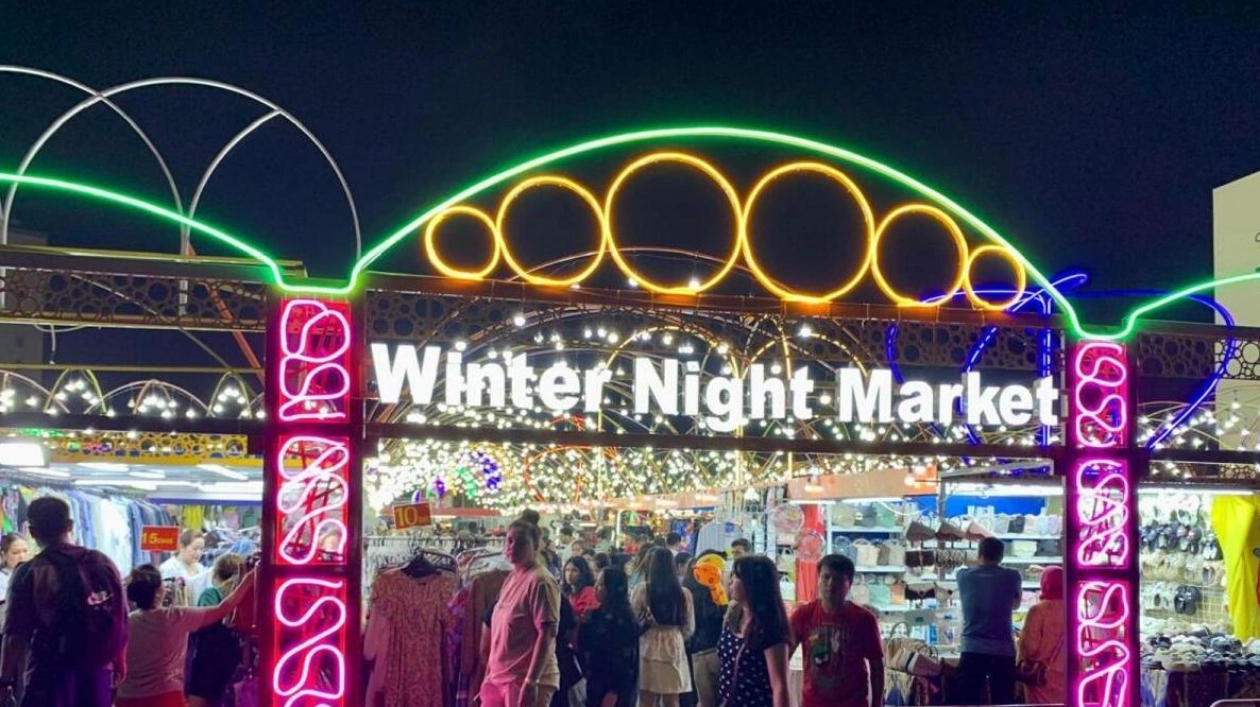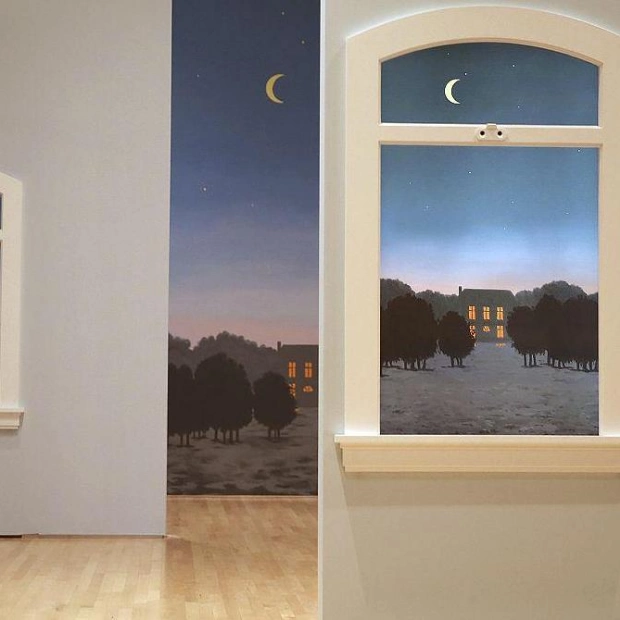From Iloilo province’s renowned kansi, a sour stew made with beef shanks and jackfruit, to the north’s exotic papaitan, a spicy soup made with beef or goat bile, and the famous bulalo from Batangas, to the collagen-rich balbacua stew of southern and central Philippines, and Manila’s unique street foods, all can be found freshly served nightly at affordable prices in one place: Al Rigga in Deira, Dubai.
Al Rigga, similar to Satwa, is a vibrant community with a significant Filipino population. “This place makes me feel happy...like a fair or festival,” said Czarina Garcia, 23, who arrived in Dubai just a year ago, speaking in her native language to Khaleej Times. She added, “I don’t feel homesick anymore. It’s like you’re in the Philippines. So many Filipinos come here to have dinner and enjoy Filipino food with their friends and families.” The young woman, originally from Antipolo, Rizal, a city east of the capital Manila, works as a cashier at the night market that opened in Al Rigga last month. She believes the market is a great way to promote Filipino cuisine, which has a rich history and diverse cultural influences.
“I see a lot of foreigners come here with their Filipino friends to have a taste of food from different parts of the Philippines,” Garcia said with a smile. Pinoy bestsellers at Dh10 each. Filipina Santos, 42, who works part-time as a seller at a food stall at the Winter Night Market, noted that street food is among their bestsellers, even among other nationalities. Their store sells skewers such as proben or proven – part of a chicken’s proventiculus or stomach (digestive system), hence the name – mixed with cornstarch or flour and deep fried. There is also Isaw (grilled, marinated chicken intestines), calamari (battered and deep-fried squid), corndog with mozzarella (hotdog on a stick coated with cornmeal batter and deep fried), and many more. And the best part is: Everything sells for just Dh10 each or per order.
Santos told Khaleej Times: “We get a lot of foreign nationals trying Filipino street foods for the first time. Most of them like proben. Arab nationals, however, prefer the corndog because it has mozzarella. I sell about Dh2,500 of these street foods on ordinary weeknights and even better during weekends.” Serving best dishes. Virginia Padilla, 51, owner of Lutong Bale, a restaurant that sells traditional cuisine, said she’s delighted to serve Filipino food to Filipinos and foreigners alike. She used to work at a bank, but turned restaurateur about 18 years ago. “We’re happy to serve our best dishes to customers,” Padilla said, adding: “Filipino expats find a sense of belonging in Dubai because Philippine cuisine can be found in abundance at Al Rigga night market.”
Sohaib Butt, a young entrepreneur from Pakistan and manager of Winter Night Market, said: “We know Filipinos love food. We believe that this project would be good for them and to make it even better, we have also invited other food business entrepreneurs to join. So, we have Chinese, Indonesian, Nepalese, Korean, Japanese, Mexican, and others.” “I’m inviting everyone to have a taste of the Filipino food and other cuisines from Asia,” added Butt, who loves Filipino delicacies like bibingka (rice cake with cheese and salted egg) and halo-halo (a refreshing dessert made with shaved ice, sweetened beans, fruits, and evaporated milk).
The night market is located near major hotels in Deira, and visitors can enjoy walking during the cool evenings while sampling Filipino delicacies. It also comes with free entertainment from different Filipino singers and comedians based in the UAE.
Source link: https://www.khaleejtimes.com






